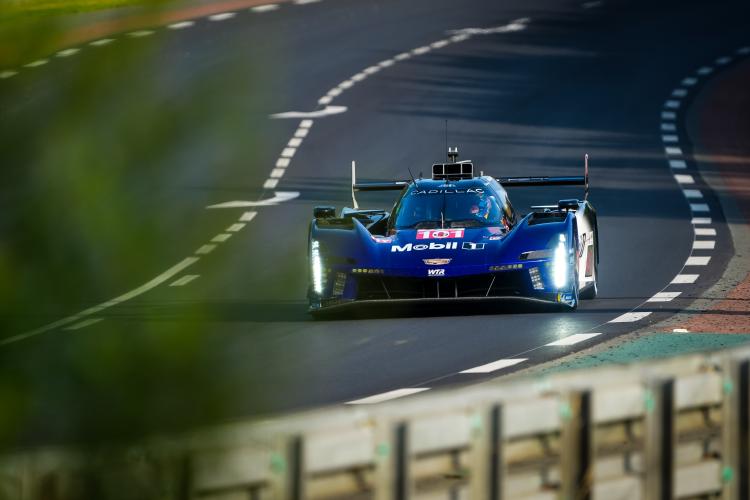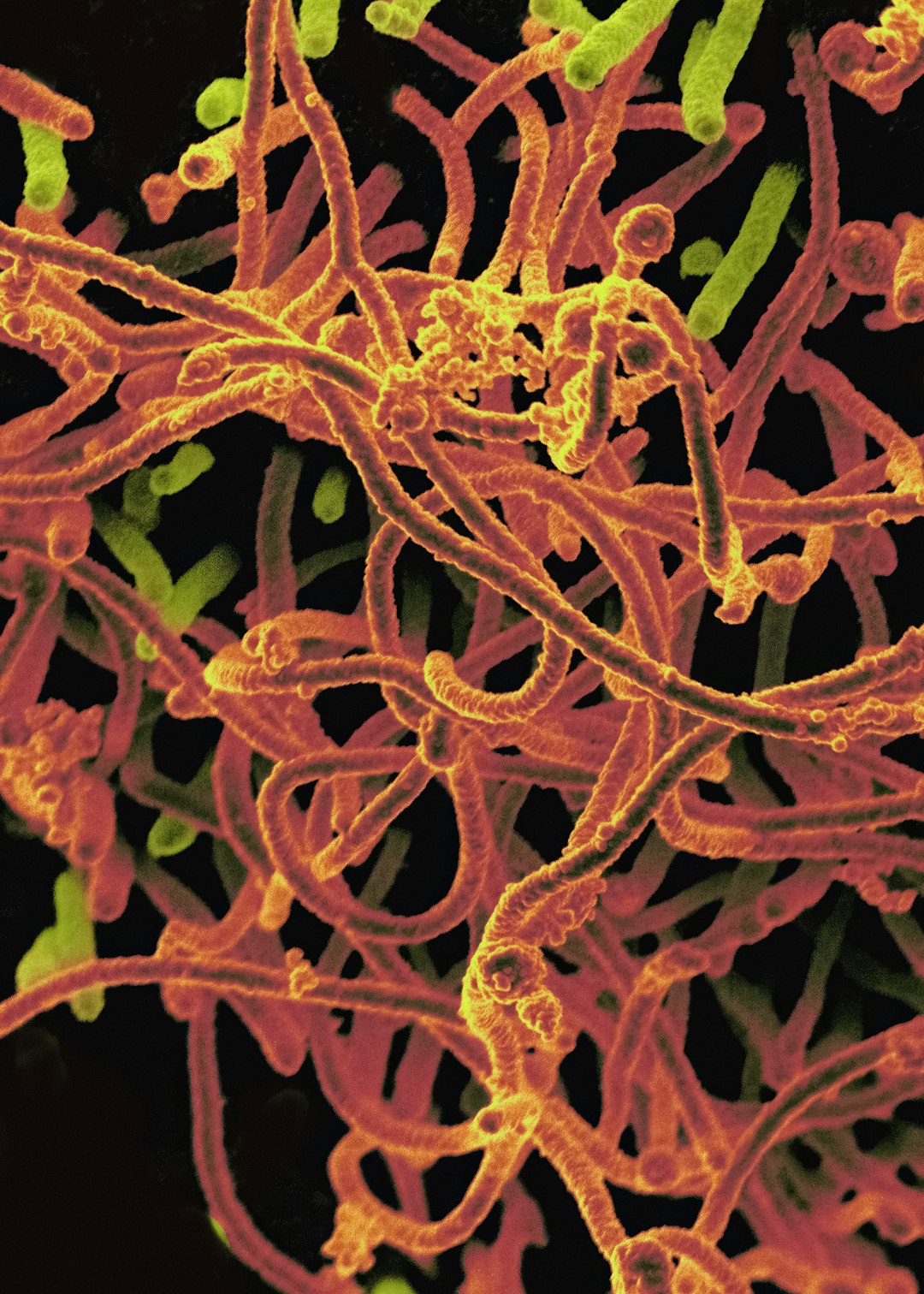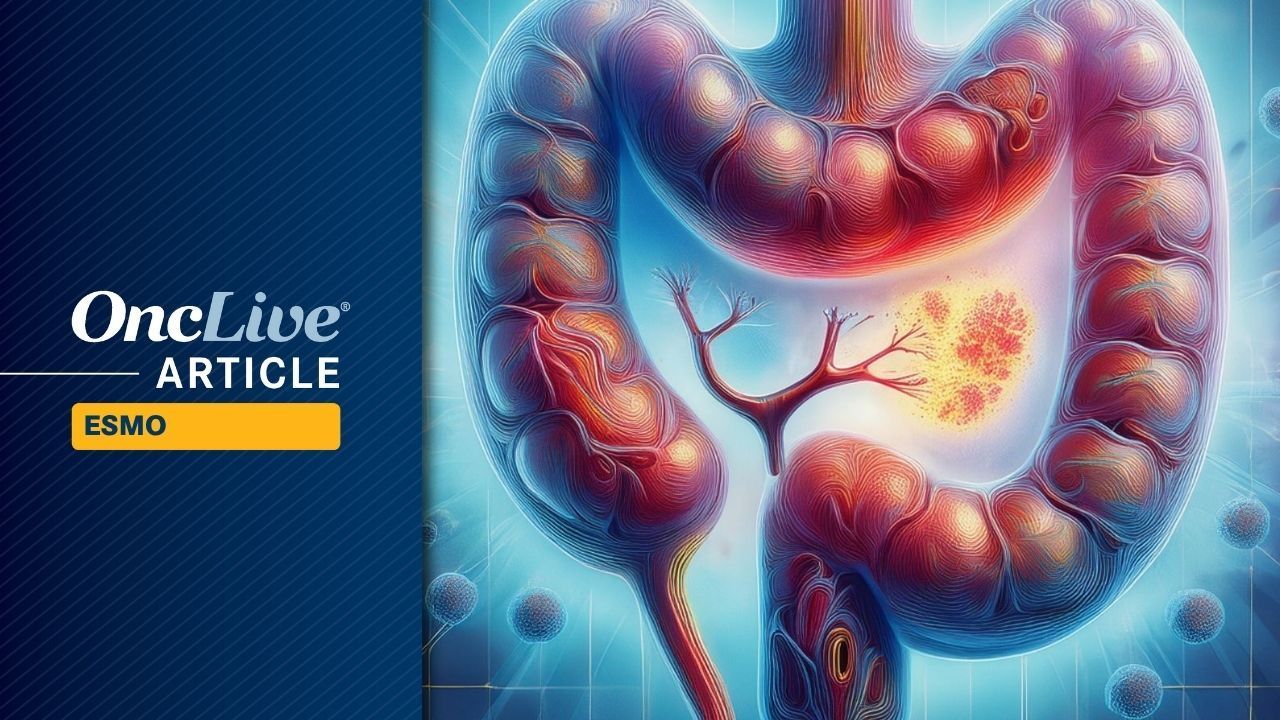Sirexatamab (DKN-01) in combination with bevacizumab (Avastin) and standard-of-care (SOC) chemotherapy demonstrated a manageable safety profile and was well tolerated vs bevacizumab plus SOC chemotherapy in patients with metastatic colorectal cancer (mCRC), according to findings from the phase 2 DeFianCe trial (NCT05480306) presented at the 2025 ESMO Congress. Notably, patients with DKK1-high tumors derived improvements in both progression-free survival (PFS) and overall survival (OS).
In the intent-to-treat population, patients who received the DKK1 inhibiting IgG4 antibody sirexatamab demonstrated an overall response rate (ORR) of 35.1% (95% CI, 25.5%-45.6%) vs 26.6% (95% CI, 18.0%-36.7%) for the control arm (P = .10). Median PFS was 9.2 months in the experimental arm vs 8.3 months in the control arm (P = .17).
“Neither of these 2 outcomes reached statistical significance,” lead author Zev A. Wainberg, MD, said during the presentation of data. “However, looking at the DKK1-high population, defined as the upper median, the improvement started to bear fruit,” Wainberg, professor of medicine at UCLA and codirector, UCLA GI program, at UCLA Health in California continued.
There were 50 patients with higher DKK1 in the sirexatamab arm and 38 in the control arm. The ORR in the sirexatamab arm was 38.0% (95% CI, 24.7%-52.8%) vs 23.7% (95% CI, 11.4%-40.2%) in the control arm (P = .0706). Median PFS in the experimental arm was 9.03 months vs 7.06 months (HR, 0.61; 95% CI, 0.37-1.0; P = .0255). Median OS was not reached in the experimental arm vs 14.39 months in the control arm (HR, 0.42; 95% CI, 0.19-0.91; P = .0118).
What Was the DeFianCe Trial Design?
After an initial safety run-in period (n = 33), a total of 188 patients with mCRC were randomly assigned 1:1 to receive either sirexatamab plus either leucovorin, 5-fluorouracil (5-FU), and irinotecan (FOLFIRI) or leucovorin, 5-FU, and oxaliplatin (FOLFOX) and bevacizumab (n = 94) vs FOLFIRI or FOLFOX and bevacizumab (n = 94).
Patients were eligible if they had received 1 prior 5-FU–based therapy, had microsatellite stable (MSS) CRC, and did not have a BRAF V600 mutation. The stratification factors were tumor sidedness (left vs right) and prior antiangiogenesis therapy (yes vs no).
The primary end point was investigator-assessed PFS and the secondary end points were safety, ORR, and OS. Key exploratory end points were PFS, ORR, and the OS of the DKK1-high subgroup.
What Were the Patient Baseline Characteristics?
The study was well-balanced for gender and region. The majority of patients were male across the arms (experimental, 68%; control, 55%). In the experimental arm, the majority of patients were from South Korea (53%) compared with 48% in the control arm. Forty-four percent of patients were from the United States in the experimental arm and 43% in the control arm. The majority of patients had left-sided tumors (both 75%).
“This was a predominantly liver-metastatic patient population, with nearly 75% in both arms having liver metastatic disease,” Wainberg said. Further, 47% of patients in the experimental arm had RAS-mutated disease compared with 57% in the control arm. Looking at prior systemic therapy, 48% of patients in the experimental arm had received antiangiogenesis therapy compared with 51% in the control arm.
What Was the Safety Profile?
The overall rate of treatment-emergent adverse events (TEAEs) for sirexatamab was similar to the chemotherapy arm, suggesting that the addition of the agent does not adversely impact the safety profile of the combined agents.
In the experimental arm, 15% of patients discontinued therapy compared with 19% in the control arm. In the patients with DKK1-high status, 4% discontinued in the treatment arm vs not applicable in the control arm. Dose reductions affected 37% of patients in the experimental arm compared with 43% in the control arm. Dose interruptions were similar, with 73% in the experimental arm and 71% in the control arm.
“These data support continued development of sirexatamab in DKK1-high previously treated patients with mCRC,” Wainberg concluded.
Disclosures: Dr Wainberg disclosed that he has provided consulting services to Alligator Therapeutics, Amgen, AstraZeneca, Arcus, Boehringer Ingelheim, Bristol Myers Squibb, Daiichi Sankyo Company, Eli Lilly and Company, EMD Serono, Roche AG, Genentech, Ipsen, Johnson & Johnson, Merus NV, Merck, Novartis, Novocure, Pfizer, Servier, and Verastem.
Reference
Wainberg ZA, Han S-W, Kim JG, et al. DeFianCe Trial: A randomized phase 2 trial of sirexatamab (DKN-01) plus bevacizumab and chemotherapy versus bevacizumab and chemotherapy as second-line therapy in advanced microsatellite stable (MSS) colorectal cancer (CRC). Presented at: 2025 European Society for Medical Oncology Congress; October 17-21, 2025; Berlin, Germany. Abstract LBA34.










